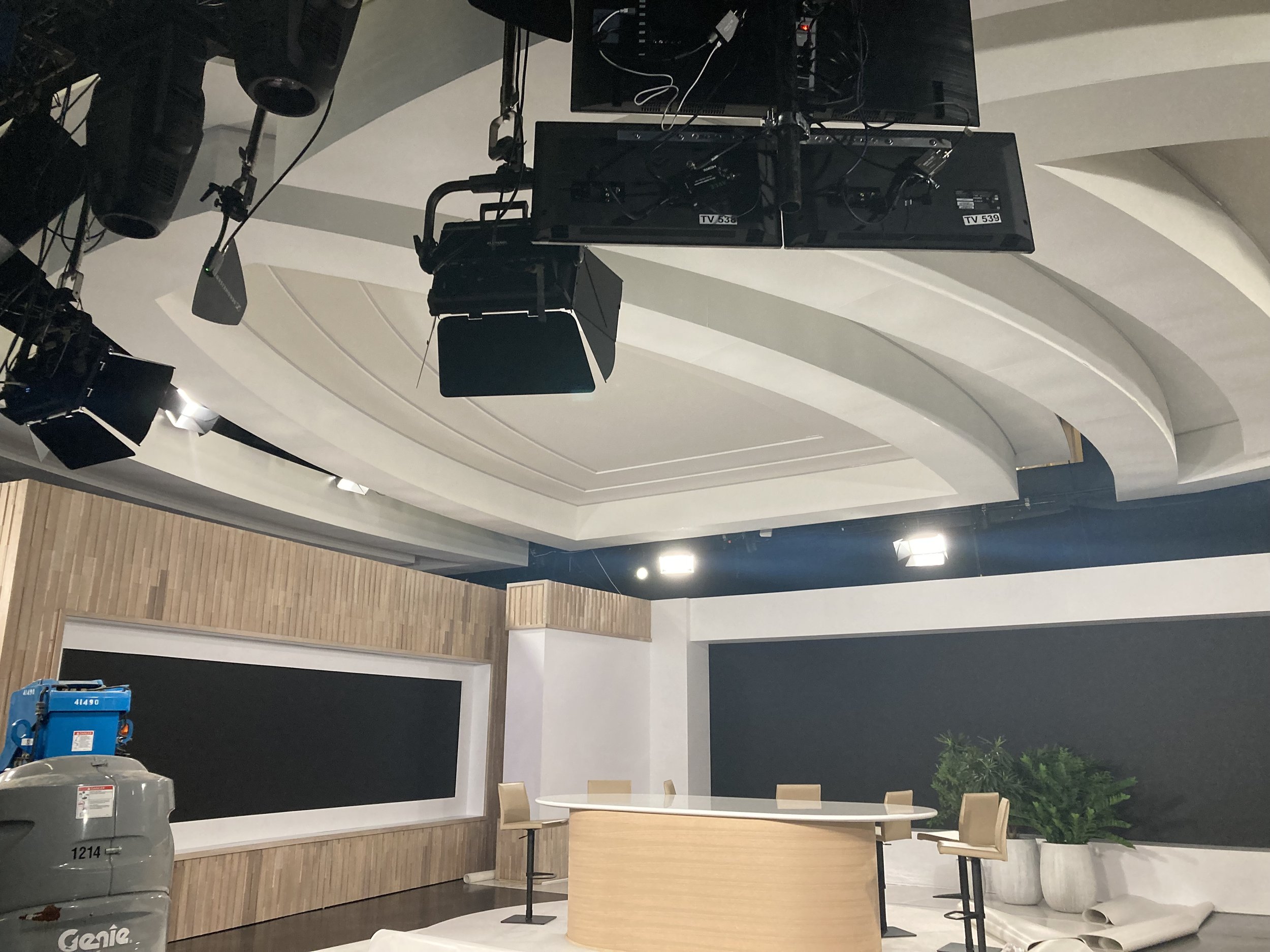Declaring Personal Bankruptcy – The Vital Facts and Shocking Truth
Declaring personal bankruptcy is not something anyone in their right mind would do on a whim. There are just too many negative stigmas attached to filing bankruptcy: the shot to your pride and, of course, worries over your credit.
And the real downside to all of this is that the people that really need the help are put off. But the shocking truth is that, every year, over 2 million Americans become financially insolvent.
And some experts say that most of those people would be better off if they filed for personal bankruptcy protection and officially declared themselves unable to pay their debts.
Declaring Personal Bankruptcy Today
Declaring personal bankruptcy can be the first step toward re-establishing financial stability. And the reality is that Bankruptcy rules and the social reaction to filing for this legal protection have changed dramatically over the years.
In an economy that is rapidly going global where jobs are being outsourced to other continents, it is not surprising that more and more people are needing the help of bankruptcy laws.
And with so many people now needing this form of legal protection it is more than likely that you know many people who have or are currently declaring personal bankruptcy.
To be sure it is a stressful situation, but it is one from which you can recover begin to rebuild your financial life with some breathing room.
If you are considering declaring bankruptcy yourself then you should understand a few vital facts to know:
- Bankruptcy is a court process that allows an individual to get relief from their debts.
- The ultimate goal of bankruptcy is to give the individual or business a fresh financial start while being fair to creditors.
- There are several different types of bankruptcy under Title 11 of the United States Code.
- Chapter 7, bankruptcy is entitled Liquidation: In a Chapter 7 bankruptcy, a court-supervised procedure occurs during which a court-appointed trustee collects the assets of the debtor’s estate, converts them to cash for repayment. The court appointed trustee makes all necessary distributions to the debtor’s creditors.
- Chapter 13 consumer debtors retain possession of property as an alternative to liquidation. Debtor is required to submit a debt repayment plan conveying to creditors future disposable income that is not necessary to support the debtor and dependents.
Declaring Personal Bankruptcy The Details





